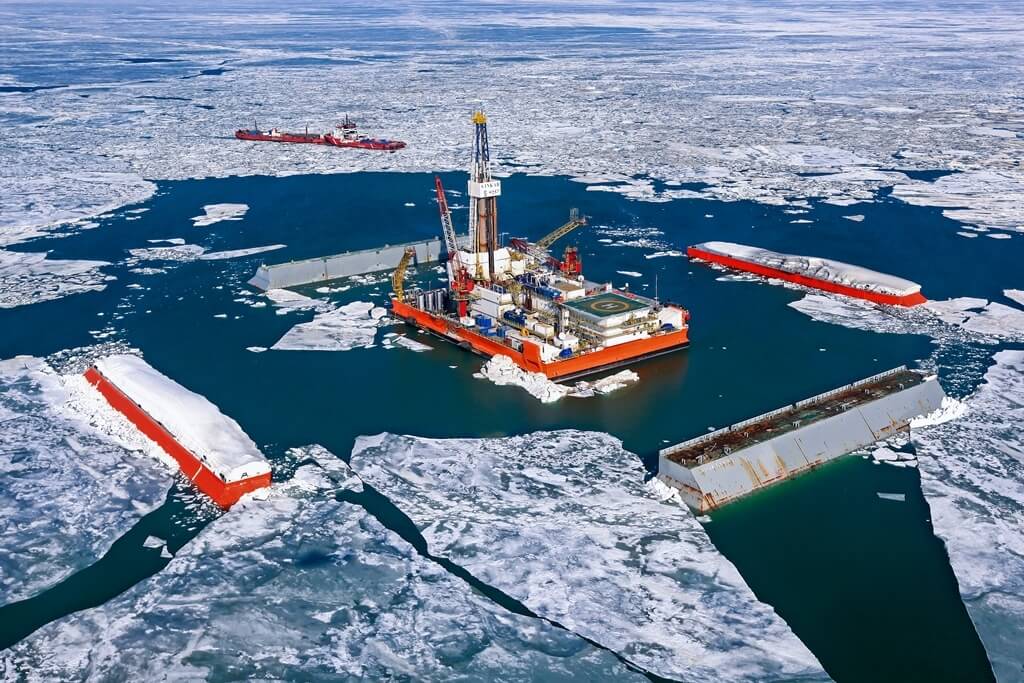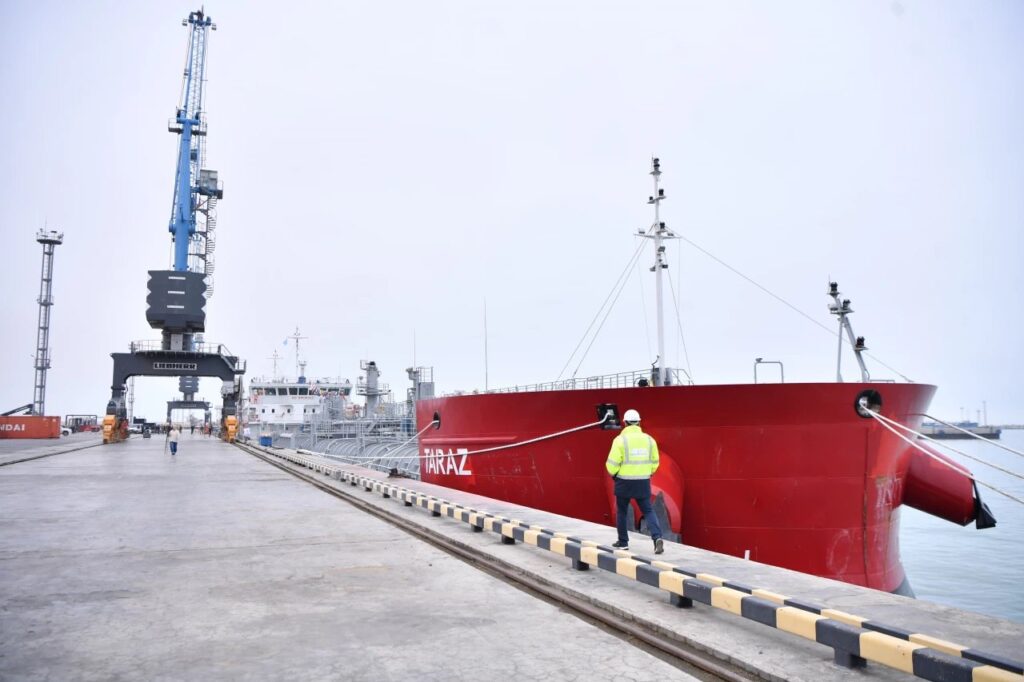On February 17, seven Ukrainian unmanned aerial vehicles (UAVs) attacked an oil transportation facility of the Caspian Pipeline Consortium (CPC), targeting the Kropotkinskaya oil pumping station in Russia. Following the attack, reports emerged that the volume of oil pumped from Kazakhstan through the CPC could decrease by 30% for a period of one and a half to two months. Conflicting Reports on the Impact On February 18, Ukraine officially confirmed the strike. "Yesterday, the Ukrainian defense forces carried out a pinpoint strike on strategic facilities of the military and fuel and energy infrastructure of the Russian Federation... The Kropotkinskaya and Andriapol oil pumping stations, which played a key role in transporting fuel for the occupiers, were hit. After the strike, they were put out of action, significantly complicating the logistics of fuel supplies to the aggressor," the General Staff of the Armed Forces of Ukraine stated. Shortly after, Transneft, the Russian shareholder in the CPC, warned that oil pumping volumes from Kazakhstan could drop by approximately 30% due to the damage. Meanwhile, Russian Deputy Prime Minister Alexander Novak provided an even bleaker assessment. During a meeting with President Vladimir Putin, he stated: "We see a decrease in pumping volumes by about 30 - 40% compared to levels before the drone attack." Novak estimated that restoring the CPC infrastructure would take "several months, at least," citing the need to replace damaged Western-made equipment, including Siemens gas turbines. However, later that day, Kazakhstan’s Ministry of Energy issued a statement disputing these claims. "Currently, there are no restrictions on Kazakh oil shipments via the CPC, and acceptance is proceeding as scheduled," the ministry said. Despite this, Russian Foreign Minister Sergey Lavrov framed the attack as a direct assault on Kazakhstan’s energy infrastructure. Expert Perspectives: Overreaction or Serious Threat? While officials issued conflicting statements, financial analyst Rasul Rysmambetov urged against panic. Writing on his Telegram channel ArtFinanze, he dismissed talk of a 30% reduction in pumping volumes as an "overreaction." However, he acknowledged that the attack exposed the risks of Kazakhstan’s reliance on foreign transit routes. "Geopolitical and other risks when exporting through third countries can easily double. It’s too early to panic; there are few catastrophic scenarios at this stage. But if attacks on infrastructure continue, it will become increasingly difficult to protect the underwater pipeline system, especially considering the Russian Black Sea Fleet’s recent losses. Kazakhstan’s oil facilities have been largely spared so far, but there’s no guarantee this will continue. Contrary to popular belief, the fact that companies like Chevron are involved won’t deter anyone; on the contrary, such infrastructure can be used to exert pressure on entire countries," he warned. Kazakhstan’s Dilemma: Dependence on Russian Routes While experts downplay immediate consequences, Kazakhstan’s vulnerability is undeniable. Calls to boost domestic petrochemical production to reduce dependence on foreign pipelines remain largely aspirational. Meanwhile, efforts to diversify oil export routes have yielded little progress. Currently, 93% of Kazakhstan’s oil exports pass through Russian territory, leaving the country with limited alternatives: Caspian Pipeline Consortium...






